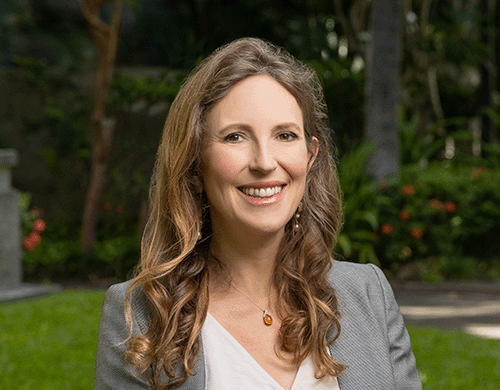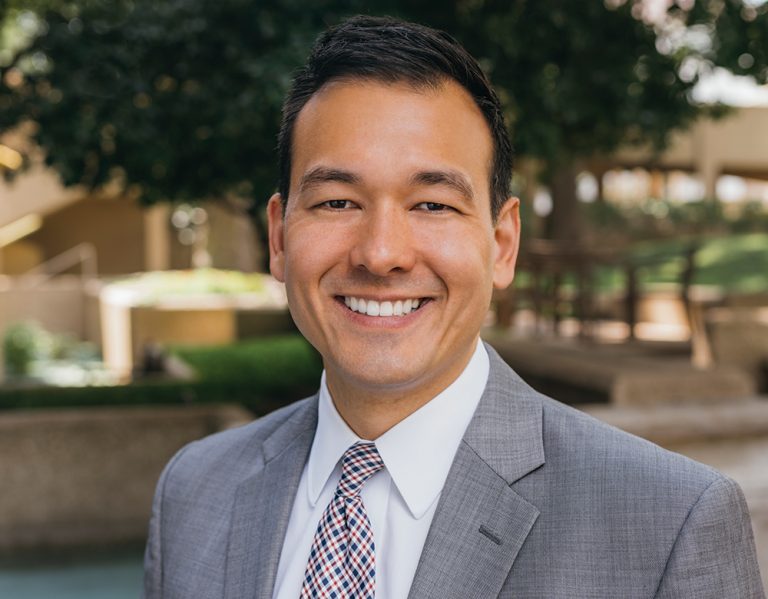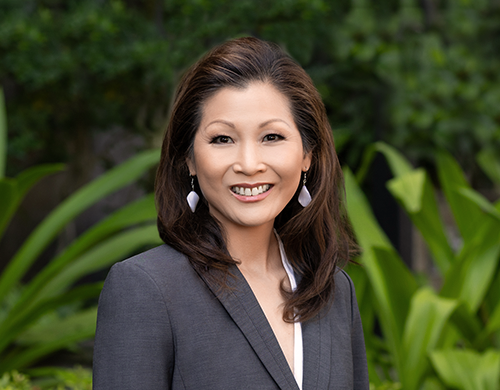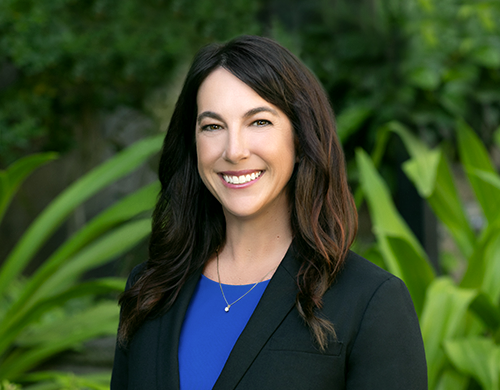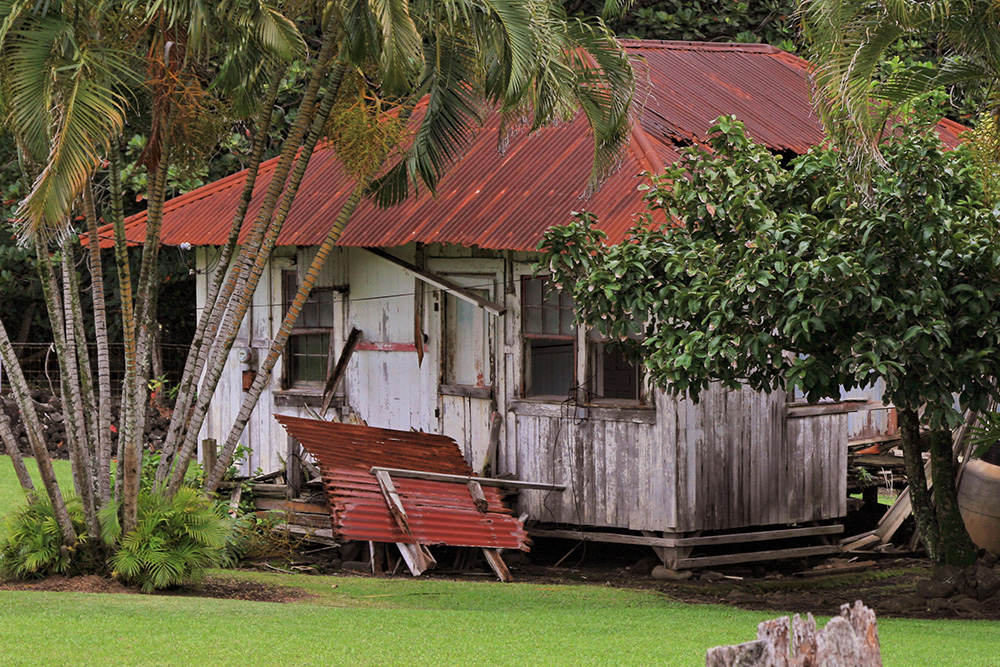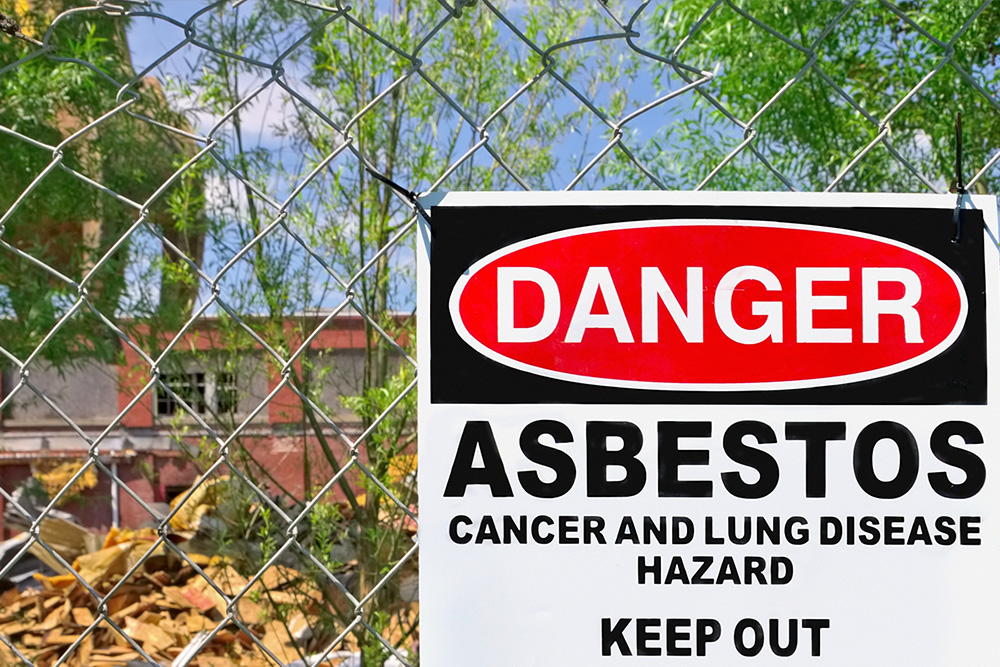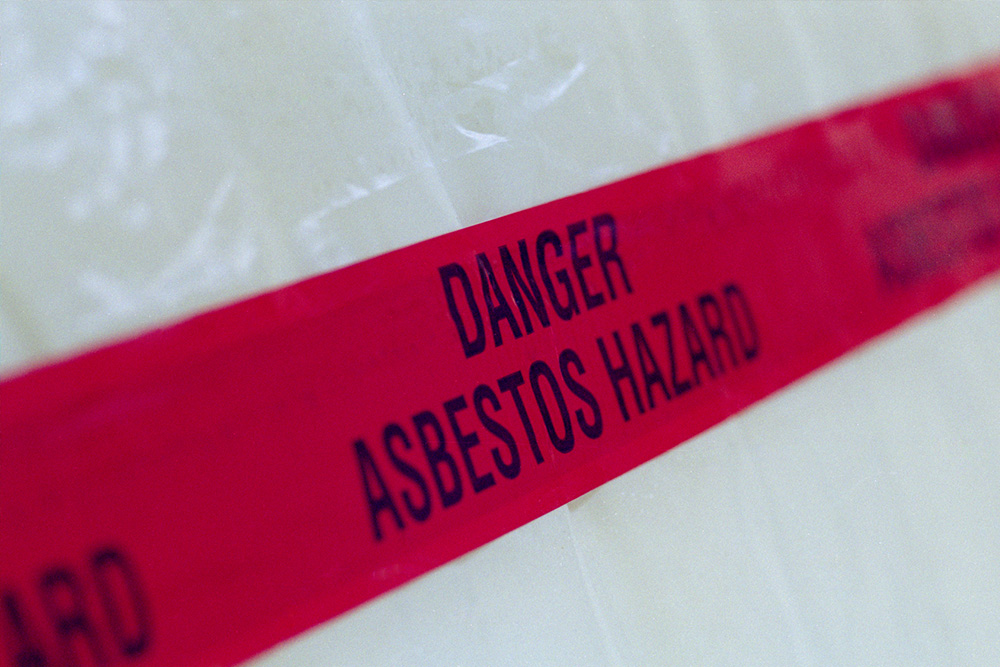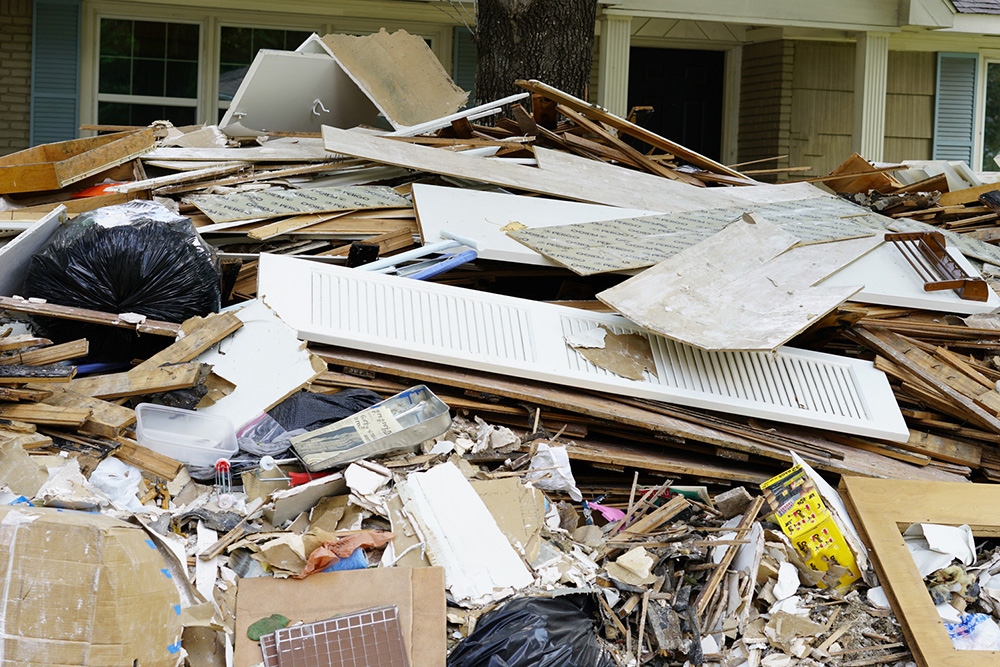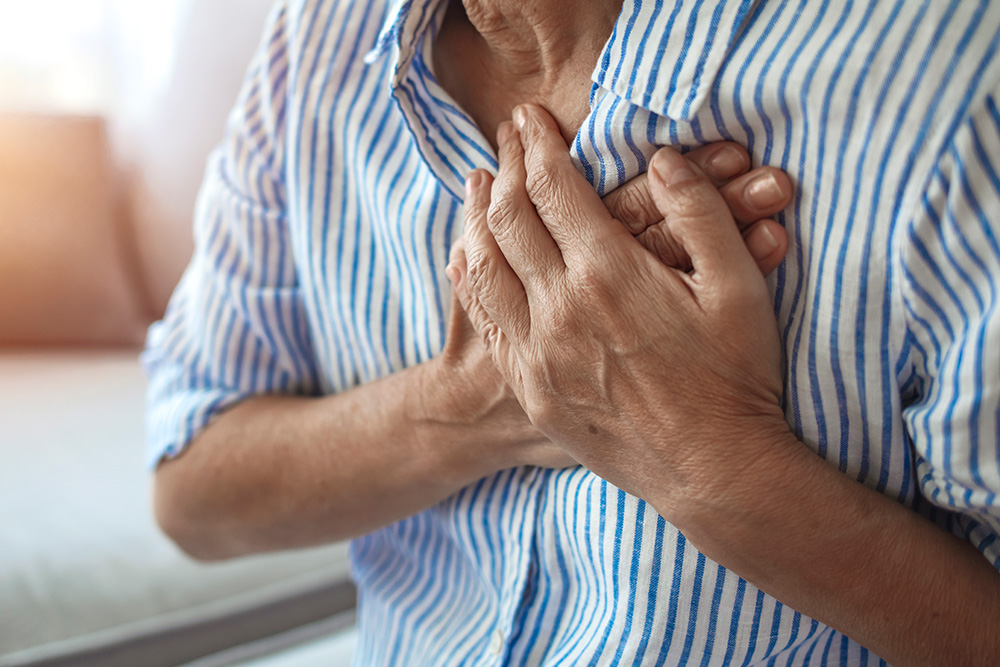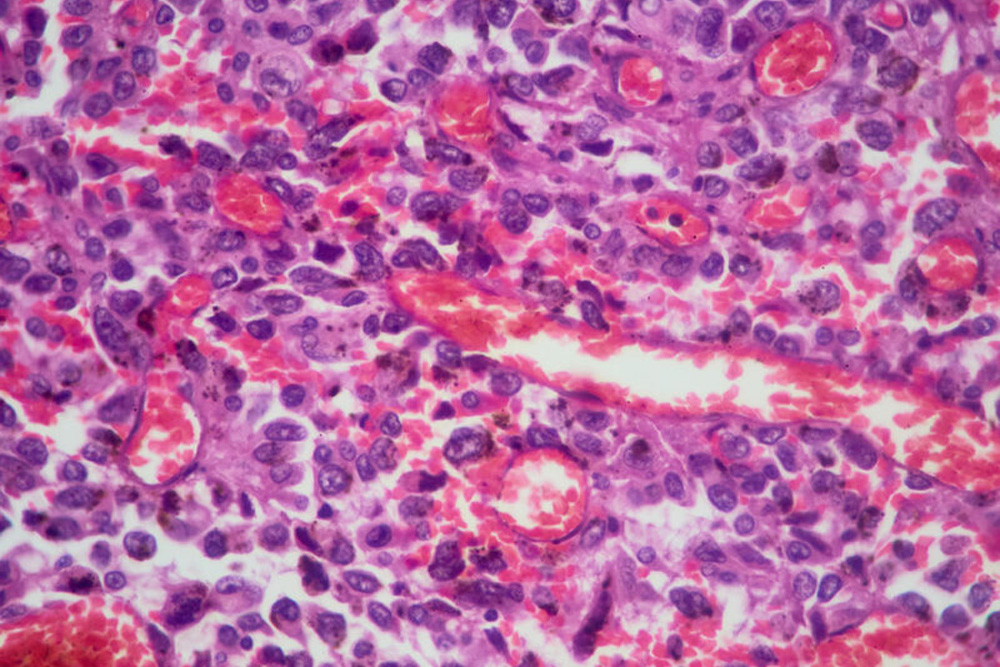Sexual assault and abuse are traumatic events that can have a lifelong impact on survivors. For these reasons, it’s important for victims to know about the many resources available and important steps that can be taken to aid in the recovery process.
The following is a list of resources in Hawai’i and nationwide for individuals who have experienced sexual trauma, including sexual abuse, domestic and sexual assault, and rape.

What is Sexual Abuse and Sexual Assault?
Sexual assault and abuse involve a wide range of unwanted sexual behaviors that are performed against a person’s will or when an individual is unable to give consent because of their age, disability, level of intoxication or other factors. Perpetrators of sexual assault may be spouses, acquaintances, friends, family members, teachers, authority figures or strangers. They may use violence, threats, coercion, manipulation or other forms of pressure or deception to commit sexual assault.
While criminal laws are designed to punish perpetrators, civil laws can hold businesses and institutions accountable for failing to protect individuals in their care and provide monetary damages for victims.
Childhood Sexual Abuse
Sexual abuse and sexual assault can impact the victim’s life well into adulthood. It can occur at the hands of family members or trusted members of the community, like school staff or church leaders. In fact, 10 percent of all children experience some form of sexual abuse in the United States, but only 31 percent of these cases are reported to the authorities.
Whether you are an adult survivor, parent of a victim or a victim yourself, there are resources available to help you. Sexual assault for children is defined as any sexual contact or activity performed or encouraged by an adult or an older child. Much child sex abuse goes unreported at the time for many reasons though the damage caused by such assault can continue to surface for decades. For that reason, resources are available for childhood sex assault survivors.
Male Victims of Sexual Assault
If you’re a male victim of rape or sexual assault, please know you’re not alone. The impact of sexual assault can feel different for men due to societal expectations and norms. Many male survivors struggle with feelings of powerlessness, especially when these feelings conflict with the traditional expectations of masculinity. Some might feel they were targeted because they were perceived as gay, whether that’s true or not. It’s crucial to remember that sexual assault is about power and control, not sexual orientation.
Any sexual act committed without consent or through force or intimidation is an act of violence and abuse. This applies to all victims, regardless of gender or sexual orientation. Sexual assault is not about sexual desire but about the perpetrator’s need to dominate, control, humiliate, or degrade the victim.
Resources for Childhood Sex Abuse Survivors
We can help.
Immediate Assistance for Sex Abuse Survivors
If you are in immediate danger or your safety is at risk, call 911 for emergency assistance. You have the right to report sexual assault to the police if you choose. If you are not in immediate danger, you can report an assault and receive assistance from authorities at your local police station.
Talk to someone you can trust
Once you feel more physically safe, it’s important to connect with a person you trust for support. After shock, sexual trauma survivors often experience depression, anxiety and dissociation.
Seek Medical Attention
If you are in need of medical attention for injuries resulting from a sexual assault, please visit your closest medical center. You can also choose to have a sexual assault forensic exam. If you are a minor, the mandated reporting processes will occur. More information on these processes is explained below. If you are over the age of 18, you do not have to report the crime to have a sexual assault forensic exam.
Hotlines
If you’ve been a victim of sexual violence, call the Sex Abuse Treatment Center’s (SATC) 24-hour hotline at 808-524-7273. A crisis worker can help you with medical care, reporting to the police, informing family or friends and other questions.
- For access to hotline services via web chat, click here during business hours (Monday-Friday, 8:30 a.m. – 4:00 p.m.).
- For TTY assistance for the hearing impaired, call (808) 535-7627 during business hours (Monday-Friday, 8:00 a.m. – 4:30 p.m.).
- For TTY assistance after hours, call the SATC hotline at (808) 524-7273. Physician’s Exchange will help you contact a SATC on-call crisis worker.
- Neighbor Island 24-hour Hotline:
Big Island: (808) 935-0677
Maui County: (Toll Free) (866) 443-5702
Kaua’i: (808) 245-6362 - National Sexual Assault Hotline: a service of RAINN
- Online chat hotline
- Spanish online chat hotline
- Telephone hotline: 800-656-HOPE (4673)
- National Helpline for Male Survivors: a service of 1in6
- National Street Harassment Hotline: a service of Stop Street Harassment
- Online chat hotline
- Telephone hotline: 855.897.5910
- DoD Safe Helpline: a service for members of the U.S. military and their families, operated by RAINN for the Department of Defense
- Online chat hotline
- Telephone hotline: 877.995.5247
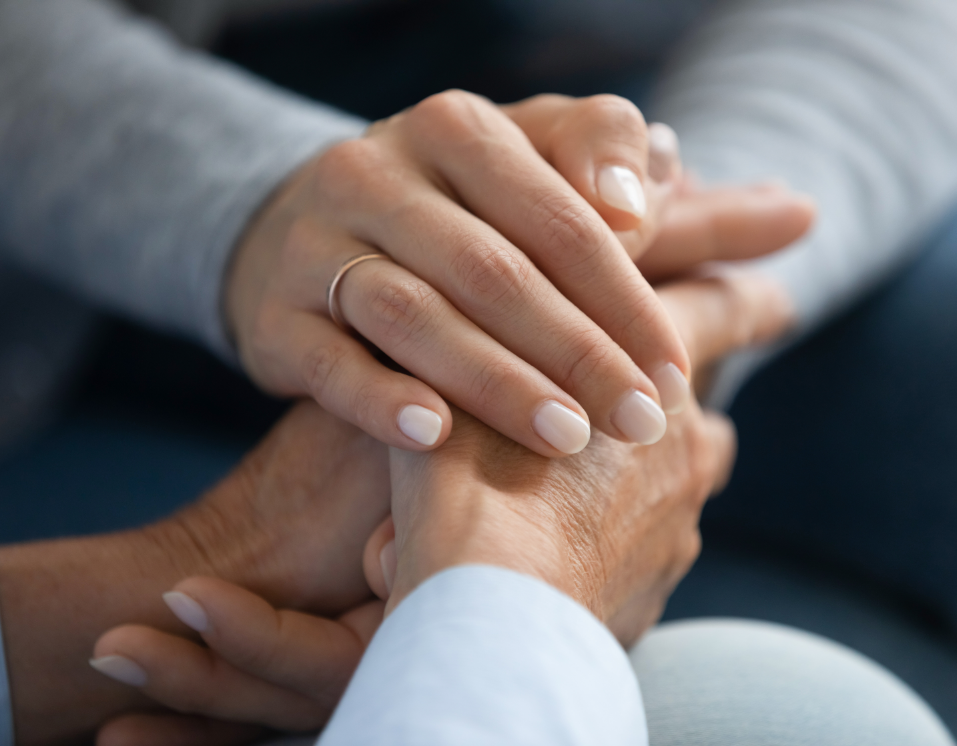
Long-Term Support
Seek Support for Mental Health
Some victims of sexual assault find it helpful to speak to a counselor, therapist, or participate in a support group. Find a local therapist:
Learn About Legal Options
While criminal laws are designed to punish perpetrators, civil laws can hold businesses and institutions accountable for failing to protect individuals in their care and provide monetary damages for victims.
Civil Lawsuits
There are time limits regarding how long a victim has to file a personal injury claim against an abuser or against a business or institution that failed to prevent the abuse. In most cases in Hawaii, an individual has until eight years after their 18th birthday in order to file a claim. Sometimes an adult becomes aware of memories of abuse that have been repressed for many years. In those cases, Hawai’i law allows an adult victim of child sexual abuse to file a civil claim up to three years after discovering the repressed memories.
Protective Orders
If you have been a victim of violence, stalking or sexual abuse, you can apply for a court order to keep your abuser away from you. This order is called a Protective Order (“PO”). There are different kinds of PO’s for victims of domestic abuse, dating violence, sexual assault, stalking and human trafficking.

About Our Founder
Gary O. Galiher
Gary Galiher, the late founder of Galiher DeRobertis & Waxman, began practicing law in 1977 and started his own law firm the following year when he took on the first mesothelioma case in Hawai’i. We are proud to carry on his legacy, his personal commitment and his willingness to take on big organizations and companies on behalf of our clients.
Our Core Values
We take your case personally and put your needs first. That means you will receive individual attention from our attorneys who work as a team. We leverage our vast experience and resources to ensure you get the best possible results, even if that means going to court. No kou pono drives our resolve — everything we do is on your behalf. And at the end of the day, nothing is more important to us than honesty and integrity.
Our Results
We fearlessly take on large companies on behalf of locals and win. With over $1 billion in recoveries our track record speaks for itself. For decades, we’ve negotiated substantial settlements, obtained successful verdicts at trial and have been successful at appeal.
No Recovery, No Fee
If there’s no recovery in your case, you will not
have to pay a fee. We handle everything on a
contingency basis.
We Can Help
We provide free initial consultations. If you believe you or a loved one has a claim or a potential lawsuit, we are willing to meet with you to evaluate your claim with no obligation on your part. To learn more about your legal rights and options, please contact us to receive a free initial consultation.


